Natural resources
Es estudio de los recursos naturales busca mejorar las capacidades institucionales de los países de América Latina y el Caribe para la buena gobernanza y la explotación y utilización sostenibles de los recursos naturales, centrándose en el agua y el saneamiento, la energía, los recursos extractivos, la agricultura, la diversidad biológica y la bioeconomía.
Activities
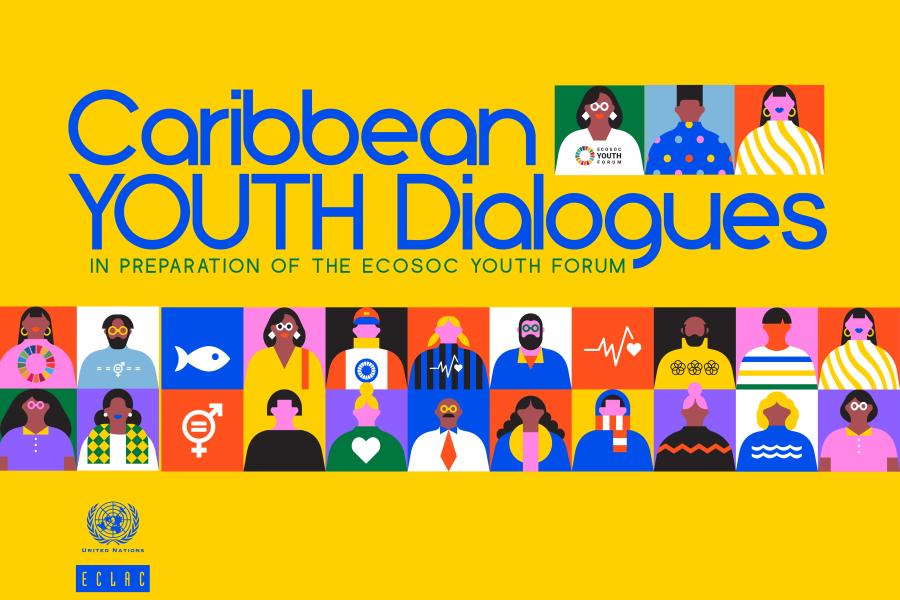
Caribbean Youth Dialogues 2025 in preparation of the ECOSOC Youth Forum
The 2030 Agenda for Sustainable Development is an opportunity to galvanize action aimed at promoting greater inclusion of youth in all spheres. This roadmap recognizes in several of its goals the centrality of the full incorporation of youth as a necessary condition to move towards more inclusive societies, in which no one is left behind, on a path to sustainable development. However, youth in the Caribbean face many challenges that need to be addressed as precursors to creating environments that enable them to reach their maximum potential to contribute to the achievement of SDGs by 2030, thereby leaving a legacy for future youth generations.
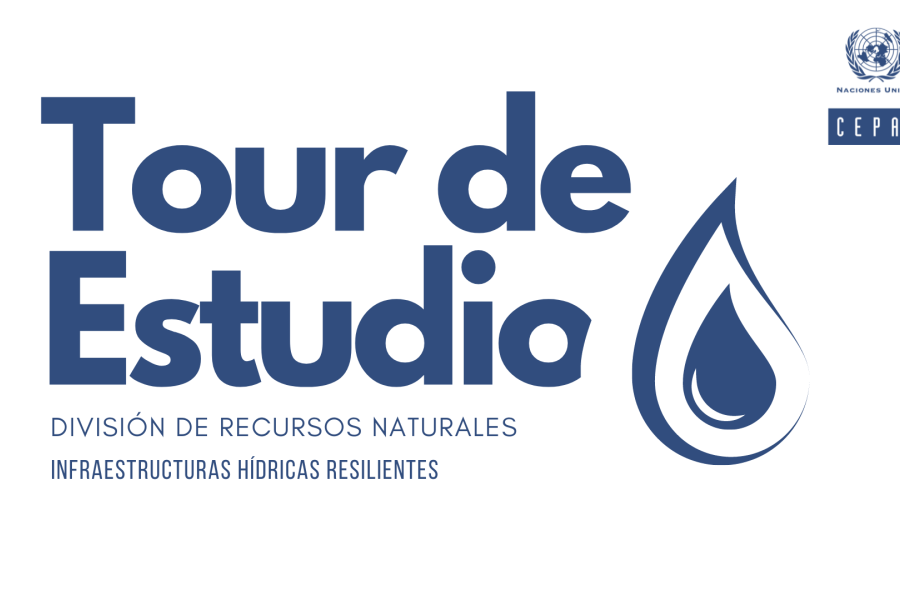
Study Tour on Resilient Water Infrastructures
The Economic Commission for Latin America and the Caribbean (ECLAC) is organizing a study tour focusing on resilient water infrastructures. Scheduled from November 18 to 22, 2024, in Santiago, Chile, this tour aims to provide an in-depth understanding of water management systems and their significance in ensuring water security and sanitation in the region.
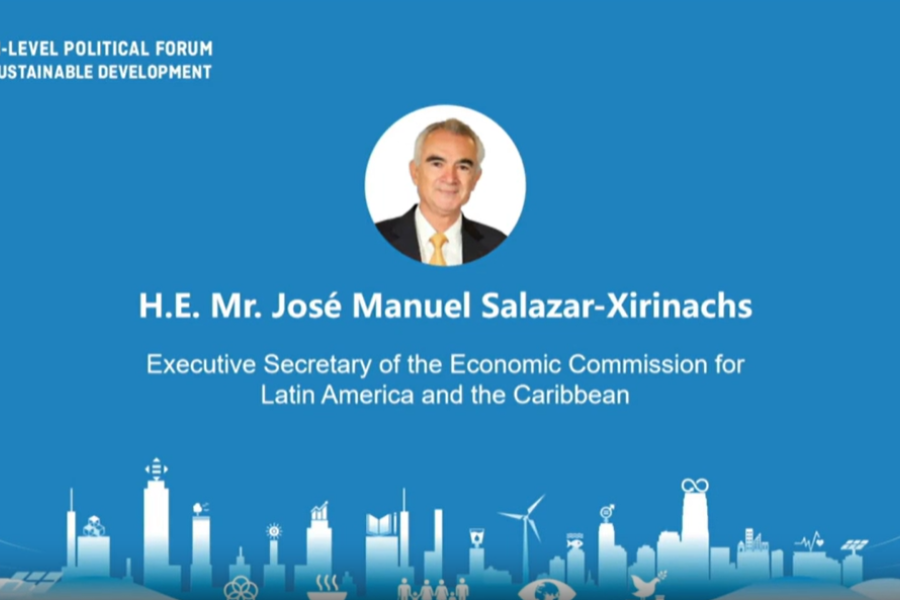
ECLAC Executive Secretary José Manuel Salazar-Xirinachs participated in the HLPF side event “Global Energy Interconnectivity and Transition for the SDGs”
ECLAC Executive Secretary José Manuel Salazar-Xirinachs participated as keynote speaker in the High Level Politial Forum (HLPF) side event “Global Energy Interconnectivity and Transition for the SDGs” organized by the Global Energy Interconnection Development and Cooperation Organization (GEIDCO)
News
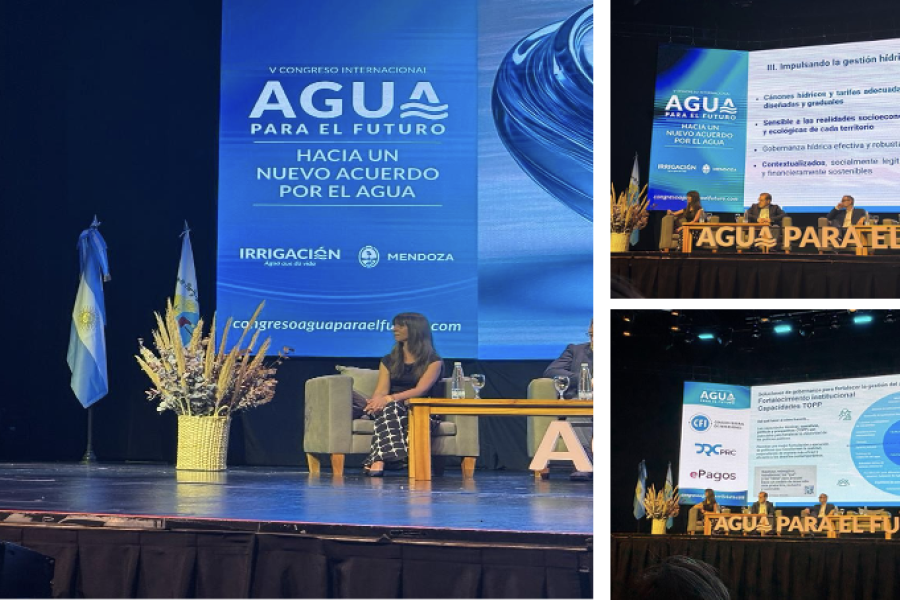
Towards a new regional agreement for water: Valuing the invaluable: ECLAC proposes valuing water to improve productivity, efficiency, equity and sustainability in Latin America and the Caribbean
At the 5th International Congress “Water for the Future: Towards a New Agreement for Water,” held in Mendoza, Argentina, Dr. Silvia Saravia Matus, Economic Affairs Officer of the Natural Resources Division of ECLAC, delivered a keynote address with a central message: without valuing water, effective water governance is impossible. Making its economic, social, and environmental value visible allows for prioritizing needs, correcting incentives, improving efficiency, and strengthening the legitimacy of decisions in the region.
Regional Water Week 2025 and V Regional Water Dialogues — Repository of Notes and Videos
From October 6 to 10, 2025, the ECLAC headquarters in Santiago, Chile, hosted the 2025 Regional Water Week , a multi-stakeholder event that brought together technical and political sessions and substantive discussions on water-related issues. During this week, the 5th Regional Water Dialogues were also held, an event that has been promoting cooperation, investment, and concrete solutions related to SDG 6 throughout the region. This web article brings together videos of the event and the official press releases published by ECLAC.

ECLAC promotes regional energy cooperation during the International Forum on Energy for Sustainable Development (IFESD 14)
The Economic Commission for Latin America and the Caribbean (ECLAC) participated in the 14th edition of the International Forum on Energy for Sustainable Development (IFESD-14), which brought together more than 500 participants from 70 countries under the theme “From Goals to Action: Powering the Future with Sustainable Energy.”
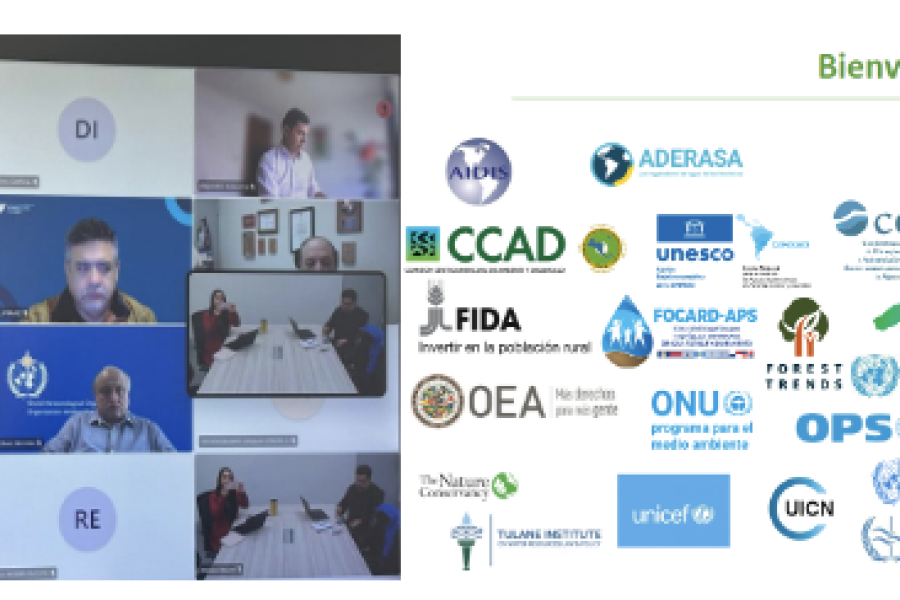
ECLAC leads the VI Meeting of the Regional Group of Experts on Water Resources in LAC
The Economic Commission for Latin America and the Caribbean (ECLAC) held the sixth meeting of the Regional Group of Experts on Water Resources, with the participation of representatives from international and national organizations and specialists from across the region.
